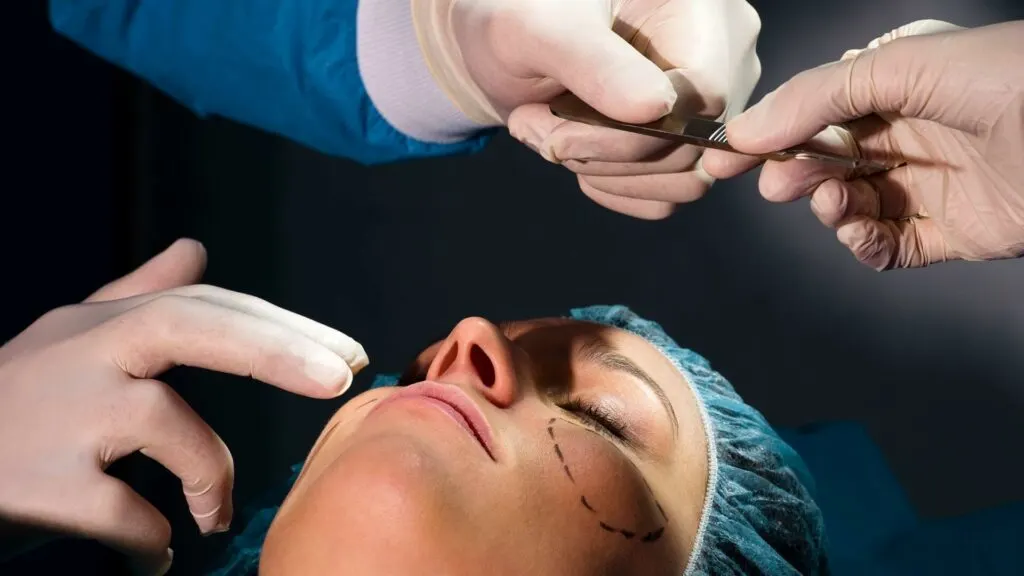Plastic surgery, once primarily associated with physical transformation, is increasingly recognized for its profound psychological impact on patients. While cosmetic procedures can enhance appearance and boost self-confidence, they also entail complex psychological factors influencing patient motivations, expectations, and mental health outcomes. In this article, we delve into the psychological aspects of plastic surgery, examining patient motivations, the role of expectations, and the mental health implications of cosmetic procedures.

Patient Motivations for Plastic Surgery
Desire for Self-Improvement:
Many individuals pursue plastic surgery to improve their appearance and address perceived flaws or insecurities. Whether correcting a nasal bump, enhancing breast size, or rejuvenating facial features, patients often seek cosmetic procedures to feel more confident and comfortable in their own skin.
Social and Cultural Influences:
Societal standards of beauty and the influence of media, advertising, and celebrity culture can shape patients’ perceptions of attractiveness and contribute to their desire for cosmetic enhancement. Pressure to conform to idealized beauty norms may drive individuals to seek plastic surgery as a means of achieving societal standards of beauty.

Managing Expectations
Realistic Expectations:
Setting realistic expectations is crucial for ensuring patient satisfaction and psychological well-being following plastic surgery. Surgeons must educate patients about the limitations of cosmetic procedures, discuss potential risks and complications, and provide realistic outcome predictions to help manage expectations effectively.
People who consult Dr. Harrison Lee learn that achieving natural-looking results requires a combination of surgical expertise and a thorough understanding of individual facial anatomy. His personalized approach ensures that patients have a clear vision of what to expect, helping them make informed decisions about their procedures.
Communication and Counseling:
Open and honest communication between patients and surgeons is essential for clarifying goals, addressing concerns, and aligning expectations with achievable outcomes. Pre-operative counseling sessions allow patients to express their motivations, discuss their aesthetic preferences, and gain a realistic understanding of what plastic surgery can and cannot achieve.
Mental Health Outcomes
Improved Self-Confidence:
For many patients, plastic surgery can lead to enhanced self-confidence and improved body image, positively impacting their psychological well-being. Feeling more satisfied with their appearance can boost self-esteem, increase social confidence, and foster greater self-assurance in various aspects of life.
Potential Risks:
While Stratus Plastic Surgery can yield positive psychological outcomes for many patients, it’s important to acknowledge cosmetic procedures’ potential risks and challenges. Unrealistic expectations, post-operative complications, and dissatisfaction with results can have negative effects on mental health and self-esteem, highlighting the importance of thorough patient evaluation and informed decision-making.
Post-Operative Psychological Support
Impact of plastic surgery.

Counseling can help patients develop coping strategies, build resilience, and achieve a healthier body image perspective.
The Psychological Impact of Plastic Surgery: What to Know
Plastic surgery represents a complex interplay between physical transformation and psychological well-being, with patients’ motivations, expectations, and mental health outcomes playing critical roles in their overall satisfaction and happiness. By understanding the psychological factors underlying plastic surgery, surgeons can better support patients throughout the treatment journey, optimize outcomes, and promote holistic well-being. Fostering open communication, managing expectations, and providing compassionate care are essential for ensuring that plastic surgery interventions positively impact patients’ lives and contribute to their overall psychological health and happiness.

Jessi is the creative mind behind The Coffee Mom, a popular blog that combines parenting advice, travel tips, and a love for all things Disney. As a trusted Disney influencer and passionate storyteller, Jessi’s authentic insights and relatable content resonate with readers worldwide.
